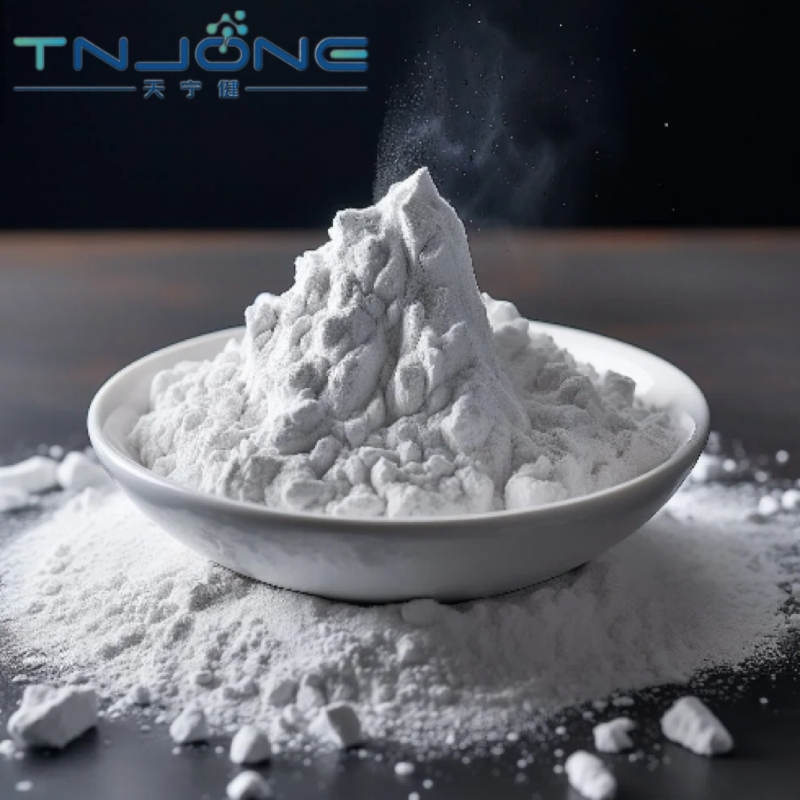-
Categories
-
Pharmaceutical Intermediates
-
Active Pharmaceutical Ingredients
-
Food Additives
- Industrial Coatings
- Agrochemicals
- Dyes and Pigments
- Surfactant
- Flavors and Fragrances
- Chemical Reagents
- Catalyst and Auxiliary
- Natural Products
- Inorganic Chemistry
-
Organic Chemistry
-
Biochemical Engineering
- Analytical Chemistry
-
Cosmetic Ingredient
- Water Treatment Chemical
-
Pharmaceutical Intermediates
Promotion
ECHEMI Mall
Wholesale
Weekly Price
Exhibition
News
-
Trade Service
4-Hydroxy-6-methylnicotinic acid, commonly referred to as 4-HMNA, is a derivative of nicotinic acid, which is also known as vitamin B3.
Nicotinic acid is an essential nutrient for humans and several animal species, and it plays a crucial role in the metabolism of fats and carbohydrates.
4-HMNA is a semi-essential compound, meaning that it is not naturally produced by the human body, but it can be synthesized in the lab.
4-HMNA has several industrial applications, and it is widely used in the production of various chemicals and consumer products.
One of the most important uses of 4-HMNA is as a precursor for the synthesis of the herbicide 4-chloro-2-methylphenoxyacetic acid (MCPA).
MCPA is an effective herbicide that is widely used to control weeds in agricultural fields, lawns, and other areas.
The production of MCPA from 4-HMNA is a well-established industrial process that involves several steps, including the Williamson etherification and the P2P process.
Another important application of 4-HMNA is in the production of PAHs, which are a group of aromatic compounds that are used as starting materials in the production of a wide range of chemicals and consumer products.
The production of PAHs from 4-HMNA involves several steps, including the electrophilic substitution and the oxidation of 4-HMNA.
In addition to its use as a precursor for the synthesis of herbicides and other chemicals, 4-HMNA has also been studied for its potential health benefits.
Some research suggests that 4-HMNA may have antioxidant and anti-inflammatory properties, and it has been studied as a potential treatment for conditions such as Alzheimer's disease, Parkinson's disease, and cancer.
However, more research is needed to fully understand the potential health benefits of 4-HMNA and to determine its safety and efficacy as a treatment for these conditions.
In summary, 4-Hydroxy-6-methylnicotinic acid is an important compound in the chemical industry.
It is widely used as a precursor for the synthesis of herbicides, such as 4-chloro-2-methylphenoxyacetic acid (MCPA), and other chemicals.
Additionally, it has a potential health benefit as an antioxidant and anti-inflammatory agent.
However, further research is needed to fully understand the health benefits and safety of using 4-HMNA as a supplement.







